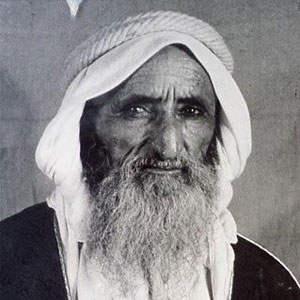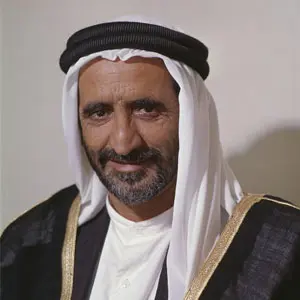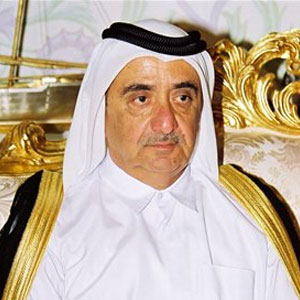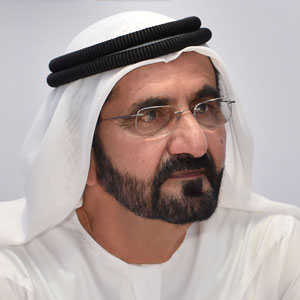Dubai... Pearl of the World
Dubai is a city of mesmerizing beauty, as if crafted by the delicate strokes of an artist's brush, where energy morphs into a distinct culture, and inanimate structures birth enchanting arts. It’s a city where creativity is harvested from the environment, and strength is transfigured into breathtaking beauty.
Dubai, a nexus for innovative minds, fosters a splendid harmony among art, architecture, and human values. Nestled in the embrace of the changing seasons, it never wears out its welcome.
Though people may come and go, Dubai retains an immortal place in their hearts.
William Shakespeare’s profound wisdom, "What is the city but the people?" finds its embodiment in the people of Dubai. They have crafted the city into a dream that captivates the hearts of people across the globe. Dubai is the second-largest emirate, spreading over 4,114 square kilometers and constituting 5% of the nation's total area, excluding the islands.
Situated on the eastern coast of the Arabian Peninsula in the southwest corner of the Arabian Gulf, Dubai spans approximately 72 kilometers. It is flanked by Abu Dhabi to the south and Sharjah to the northeast, and rises about 16 meters above sea level. The emirate encompasses the mountainous region of Hatta, approximately 100 kilometers away on the Omani border.
Dubai Creek bisects the city into two parts: Bur Dubai to the south, and Deira to the north. The city is adorned with enchanting sandy beaches on the west, and tropical green mangrove trees to the east of the Creek. Vast deserts span the city’s interior, with picturesque valleys in the Hatta region.
The cultural diversity of Dubai has earned it prestigious titles like Pearl of the Gulf, Pearl of cities, and The World's Gem, echoing its distinct nature and captivating ambiance that merges the richness of history and heritage with the latest technological and lifestyle innovations.
Foundation
Dubai's history traces back to 1833 when approximately 800 individuals from the Bani Yas tribe, led by the Al Maktoum family, settled at the Creek. Historical Dubai was composed of three main districts: Al Shindagha, Bur Dubai, and Deira, with Al Shindagha being the oldest, the ruler's center, and the dwelling place for sailors and ship-owners.
Rulers of Dubai
The noble Al Maktoum family has ruled Dubai since 1833, significantly contributing to its prosperity and transformation into a prominent commercial and tourist hub in the region and the world.
Descending from the Bani Yas tribe, a major Arab tribe that played a pivotal role in the political and social life of the country through ages.
Al Maktoum belongs to one of its factions, Al Bu Falasah, credited for stabilizing Dubai since Sheikh Maktoum bin Batti took power in 1833.
The succession of rulers from Al Maktoum led to Sheikh Rashid bin Saeed Al Maktoum, whose wisdom and acumen fostered an unparalleled prosperity in the emirate, transforming Dubai into a global urban area, a center for major international companies, tourist attraction, and economic affluence.
His Highness Sheikh Mohammed bin Rashid Al Maktoum ascended to power on January 4, 2006, succeeding his late brother Sheikh Maktoum bin Rashid Al Maktoum, who had ruled after Sheikh Rashid bin Saeed Al Maktoum in October 1990.
Under Sheikh Mohammed’s leadership, Dubai has become one of the most prominent, renowned, and progressive cities in the world.
Sheikh Rashid bin Saeed Al Maktoum
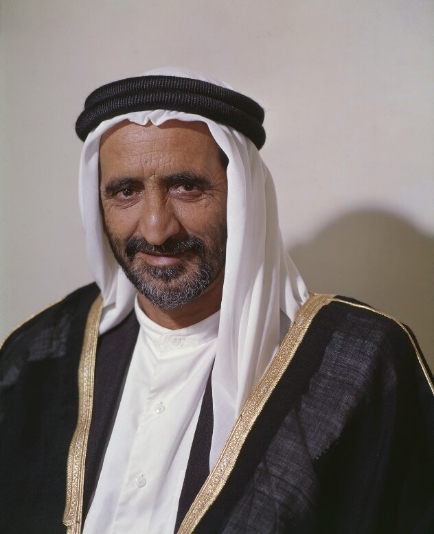
Sheikh Rashid bin Saeed Al Maktoum led Dubai from 1958 to 1990. His leadership was marked by wisdom, a visionary outlook, laying the foundations for modern Dubai, and establishing sustainable development that his successors nurtured to make Dubai one of the most progressive and prosperous regions in the world.
Together with the late Sheikh Zayed bin Sultan Al Nahyan, Sheikh Rashid achieving the dream of unity, which became a reality by announcing the establishment of the United Arab Emirates in 1971.
Early Life
Sheikh Rashid bin Saeed bin Maktoum bin Hasher bin Maktoum (the first) bin Batti bin Suhail Al Falasi was born in 1912 and was brought up in the graceful presence of his father, Sheikh Saeed bin Maktoum Al Maktoum, known for his piety, morality, and immense love for his people.
Sheikh Rashid grew under the nurturing care of his mother, Sheikha Hessa bint Al Mur, who held a special place in the citizens’ hearts, considered the mother of Dubai.
Sheikh Rashid learned the values of true democracy and Shura from his father and through his unique and solid relationship with citizens. The establishment of the United Arab Emirates in 1971 stands as one of the greatest achievements recorded in history for both Sheikh Zayed bin Sultan Al Nahyan and Sheikh Rashid bin Saeed Al Maktoum.
During his rule from 1958 to 1990, Sheikh Rashid was dedicated to ensuring the well-being, stability, and provision of essential services to the citizens, securing their present and future, and developing plans for the infrastructure, urban projects, and commerce.
Maktoum bin Rashid Al Maktoum
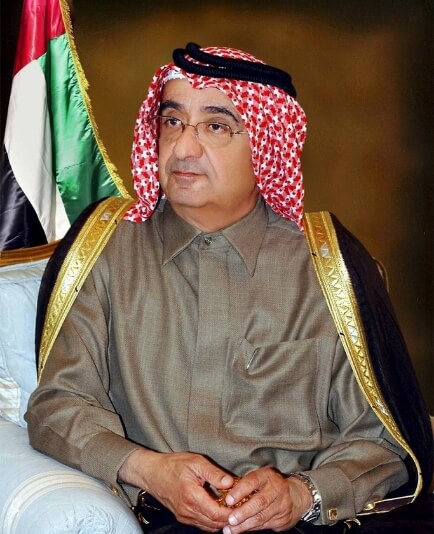
Sheikh Maktoum was born in 1943 and was the eldest son of Sheikh Rashid bin Saeed Al Maktoum. In the early 1960s, his father sent him to complete his education in Britain.
Sheikh Maktoum became the first Prime Minister of the United Arab Emirates upon its establishment in 1971 and officially took over the rule of Dubai after the death of his father, Sheikh Rashid bin Saeed Al Maktoum, in October 1990. He was also appointed as the Deputy President of the United Arab Emirates and the head of the cabinet.
Following in his father's footsteps, Sheikh Maktoum contributed to the modernization and development of Dubai and initiated numerous developmental projects that significantly transformed the lives of citizens. He focused on infrastructure projects in Dubai, including modern road networks, parks, and sports facilities, and the expansion and development of Dubai International Airport, reflecting the emirate’s position as a global aviation hub.
Dubai witnessed a significant renaissance and a massive civilizational leap under His Highness Sheikh Mohammed bin Rashid Al Maktoum, who assumed power following the death of his brother Sheikh Maktoum bin Rashid Al Maktoum in January 2006.
Dubai continues to astonish the world with its achievements under the leadership of His Highness Sheikh Mohammed bin Rashid Al Maktoum, the architect of Dubai's modern miracle.
Mohammed Bin Rashid’s Initiatives: Visions for a Sustainable Future

His Highness Sheikh Mohammed bin Rashid Al Maktoum, Vice President, Prime Minister and Ruler of Dubai, believes that achievements are limitless, excellence has no boundaries, and giving is a continuous and ever-evolving creative process. Consequently, his initiatives and projects, particularly focus on science, knowledge, creativity, innovation, and empowering youth skills for shaping the future, are ever-expanding.
These endless initiatives, both global and regional in scope, transcend boundaries, aimed at elevating human and societal wellbeing.
One of His Highness's most significant initiatives is the UAE Vision 2021 plan, launched in 2010. It aimed for the UAE to join the ranks of the world’s best countries in economic and social development, aligning with the Golden Jubilee of the UAE celebrated in 2021.
Global Leadership
Under the leadership of His Highness Sheikh Mohammed bin Rashid Al Maktoum, the UAE government has transformed the nation into a model of development, modernity, and progress. The UAE has attained top global ranks in 110 indices monitored by leading global competitive reports, led the Arab world in 473 indices, and entered the top ten in 327 global indices.
His Highness also launched the "UAE Centennial 2071", a comprehensive long-term governmental action plan aiming for the UAE to be the world’s best country by its centennial anniversary.
Due to his unwavering commitment to excellence, Dubai’s government has transitioned completely to e-government, becoming the world’s first of its kind. Moreover, a massive project to transform Dubai into a smart city is underway, managing all its facilities and services through advanced, interconnected electronic systems.
In the space sector, His Highness has emphasized that the Arabs joining the space age is no longer impossible, with the UAE leading confidently and bravely, competing with major countries in this strategic field. Thus, the "Hope Probe" project, exploring Mars, was launched, aligning with the UAE's 50th anniversary. The UAE is among nine countries with space programs to explore the Red Planet.
Furthermore, the "Mars 2117" project includes a national program to prepare specialized Emirati scientific cadres in Mars exploration and building the first human settlement on it within a hundred years. Moreover, projects like “Rashid” for lunar exploration, “MBZ-Sat” satellite, and missions to explore Venus and seven other asteroids in the Solar System signify the UAE’s space renaissance.
The Mohammed bin Rashid Space Center is considered a pillar of future science, and strong competition in the fields of space, advanced sciences and inventions.
In this context, the Center launched innovative space projects and applications, such as the “KhalifaSat” project, “Naif-1” and “Safi”.
His Highness’s initiatives also extend to the economic sector, including the launch of “Food Tech Valley” project in Dubai.
In 2012, the UAE Green Development Strategy was inaugurated under the slogan "Green Economy for Sustainable Development".
It is an initiative that aims to make the UAE a hub for exporting and re-exporting green products and technologies while ensuring a sustainable environment for long-term economic growth.
His Highness also inaugurated the “Green Hydrogen” project at the Mohammed bin Rashid Al Maktoum Solar Park in Dubai.
Expo 2020 enhanced Dubai and the UAE’s global stature, organized under the theme "Connecting Minds, Creating the Future".
His Highness established the “Mohammed bin Rashid Al Maktoum Global Initiatives” foundation to implement his humanitarian vision, aiming to foster human development for over 130 million people by providing health care, combating illiteracy and poverty, promoting culture, developing education, nurturing young Arab leaders, supporting good governance in the region, in addition to creating the largest incubator for Arab innovators, scientists, and researchers.
The five main pillars
- Humanitarian assistance and relief
- Healthcare and disease control
- Spreading education and knowledge
- Future innovation and entrepreneurship
- Community empowerment
His Highness Sheikh Mohammed bin Rashid Al Maktoum continues to stimulate and encourage innovators through exceptional initiatives and awards, including the Arab Journalism Award, Dubai Award for Government Performance Excellence, Dubai International Holy Quran Award, and Young Business Leaders Award.
In the field of culture and knowledge, His Highness launched the largest Arab project to encourage reading among students in the Arab world, with over a million students committed to reading 50 million books in the "Arabic Reading Challenge".
Additionally, creative initiatives like the Translation Challenge and the One Million Arab Coders initiative have been introduced.
His Highness Sheikh Mohammed bin Rashid Al Maktoum's achievements and initiatives stem from a deep belief that investing in people is the best and most secure investment, that betting on Emirati youth is a sure bet, and that innovation and creativity are the pathways to building a sustainable future, a task undertaken by visionary, daring, and determined leaders.
Economy
Dubai has emerged as a leading global destination in the world of finance and business, enhancing its reputation as one of the leading economies in the region and the world due to its diverse sources and adoption of modern technologies.
Known as the " Pearl of cities", it is one of the fastest-growing economies globally, boasting ambitious vision and distinguished minds. It continually strives to create a competitive economy based on knowledge, innovation, and future technological applications.
Its strategic geographical location serves as a connection for commercial movement linking the East and West of the world.
Dubai Creek was a natural harbor for the region, leading to the emergence of Dubai as a center for fishing, pearling, and trade. As the 20th century began, Dubai became a famous port, and Deira’s market was the largest on the coastal region.
With the discovery of oil in 1966, Dubai experienced significant development and fundamental transformations in lifestyle. The oil export process began in 1969, followed by significant economic changes over the next three decades. These rapid developments contributed to transforming Dubai into an advanced and prosperous economic center as we see today.
Dubai was the first globally to establish Islamic banks in the seventies, in addition to the Dubai financial market.
In the eighties and early nineties, Dubai made a strategic decision to become a global tourist destination, realized through massive investments in the tourism sector.
Dubai’s economy is no longer solely dependent on oil but is diversified and primarily based on tourism, trade, services, and finance sectors. It enjoys competitive costs and a high standard of living, supported by various air, sea, and land transportation services.
His Highness Sheikh Mohammed bin Rashid Al Maktoum, Vice President, Prime Minister and Ruler of Dubai, launched the Dubai Economic Agenda for the next ten years earlier this year in 2023.
Dubai's economy has achieved strong performance, with many sectors reaching record levels, promising exceptional performance this year, challenging all current global conditions. This robust growth coincides with the rising confidence indicators in the economy in the coming years.
Tourism
The tourism sector in the emirate is noticeably booming in all areas and facilities, including hotels, entertainment places, sports, cultural, and artistic events. It offers an innovative and fantastic mix of culture, heritage, entertainment, luxury, and adventure.
If you want to tour the world in a city, go to Dubai, where you live the pleasure, make memories, see the world with a fantastic new vision, and live a lifetime adventure. You see, you live, you get amazed, you are silent in respect, and then you narrate the tales of the best days of your life.
According to data from the Department of Economy and Tourism in Dubai, the emirate achieves a noticeable increase in the number of tourists and a massive influx, providing new evidence of its ability to achieve an exceptional and growing economic performance.
Optimistic expectations are reinforced by the continuous efforts of the government to provide and update the infrastructure that attracts visitors from all categories, offering every tourist what he desires and what he cannot imagine of happiness, comfort, and pleasure.
In addition to modern shopping centers, the city has giant projects with international levels and specifications, enhanced by the diversity of events, programs, activities, and festivals with ideas, executed by experts and creators.
Dubai’s Heritage... A History that Shapes the Future
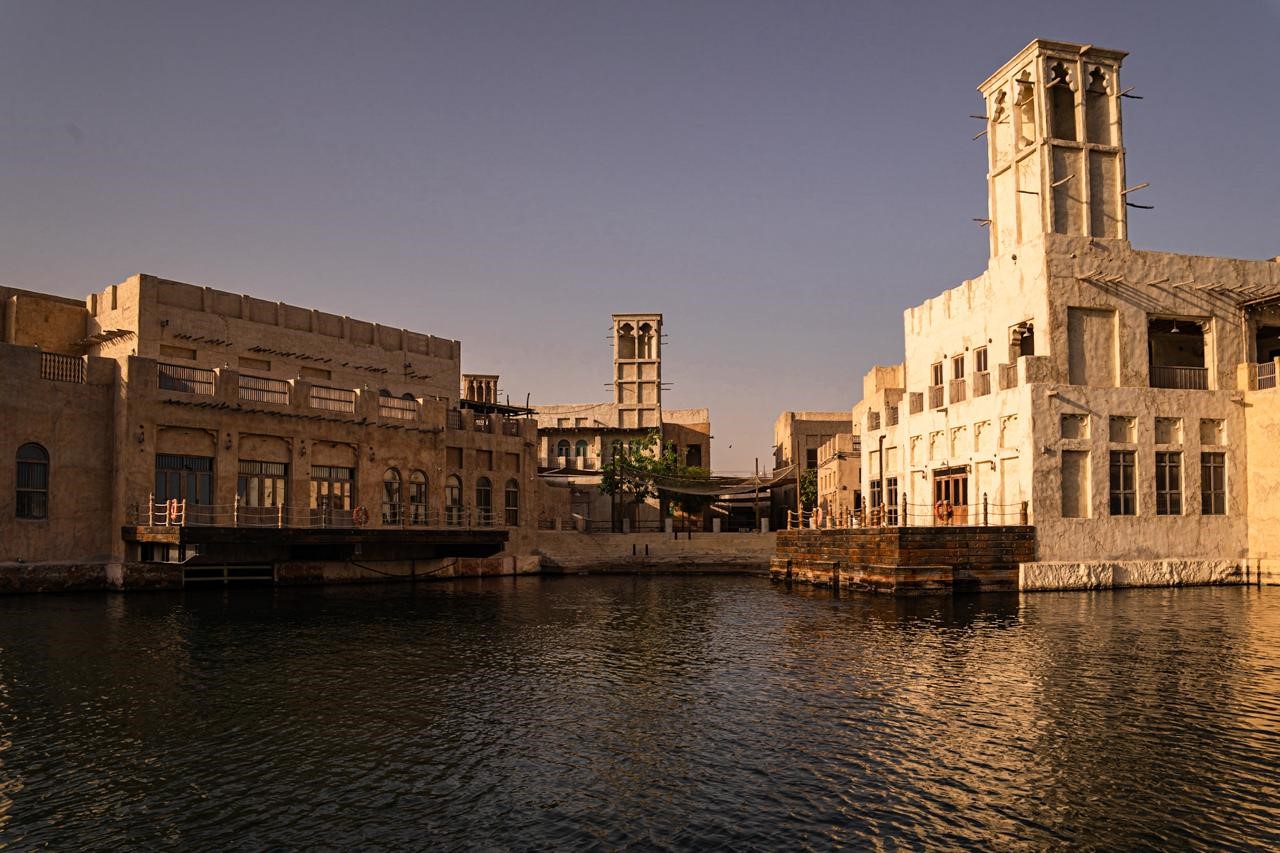
Dubai is committed to preserving its cultural and historical heritage, considering it a strategic objective that reflects its citizens' attachment to the Emirati identity. Their commitment to showcasing the values, civilizational, and humanitarian dimensions they’ve crafted over time is paramount. This comes from a deep belief that our past shapes and supports our future, and that our heritage determines our identity and underpins our future. It is the source of our uniqueness and distinction, stemming from the conviction that what we have learned from our forefathers shapes our lives, endowing our society with uniqueness and excellence.
Echoing the words of the UAE’s Late Founding Father, Sheikh Zayed bin Sultan Al Nahyan, “He who has no past has no present and future.”
His Highness Sheikh Mohammed bin Rashid Al Maktoum, Vice President, Prime Minister and Ruler of Dubai, asserts, “Modernity and contemporaneity are only complete by understanding history, learning from its lessons, and praising evidences it has given us that convey the image of the past lived by our fathers and forefathers, and how they forged the initial steps of our modern renaissance.”
Under his guidance, efforts have been made to preserve the historical legacy and archaeological landmarks within the emirate.






